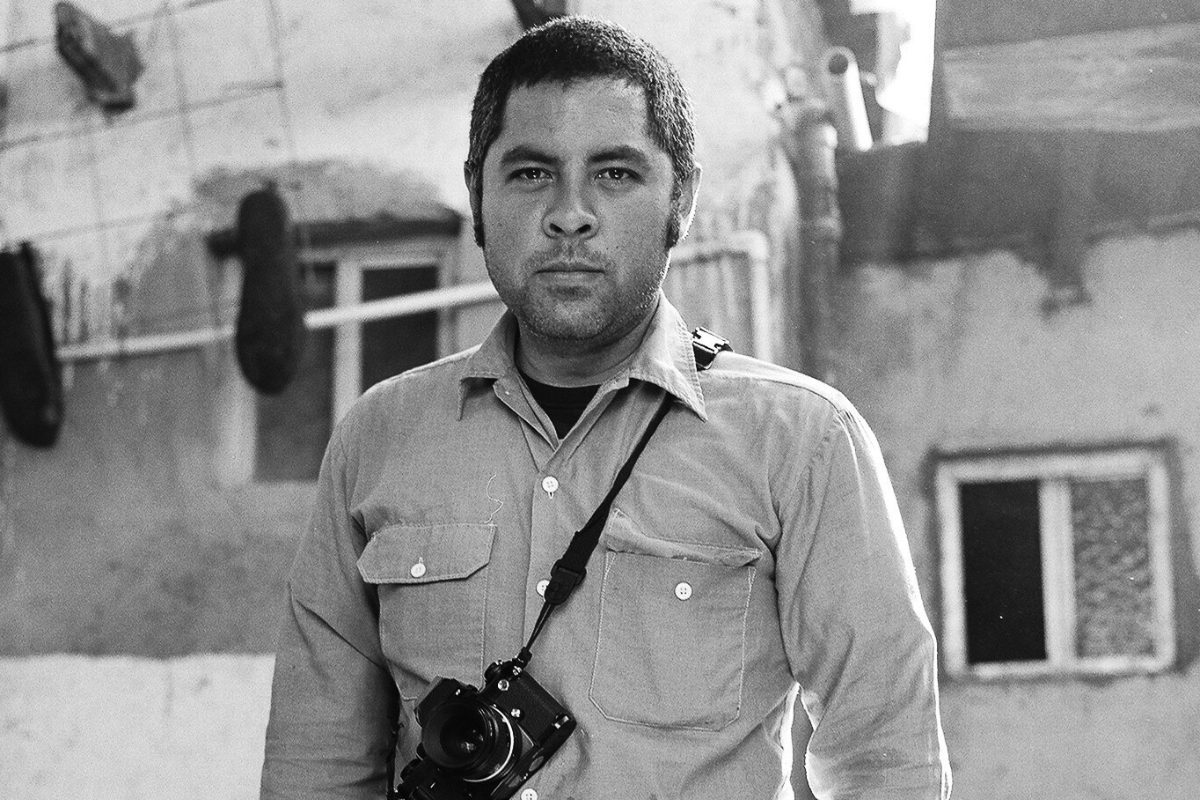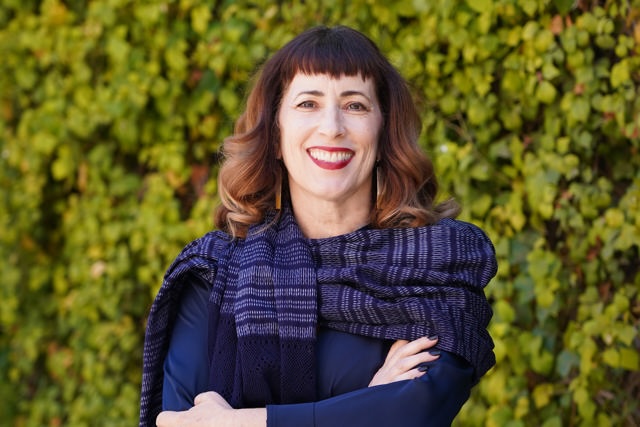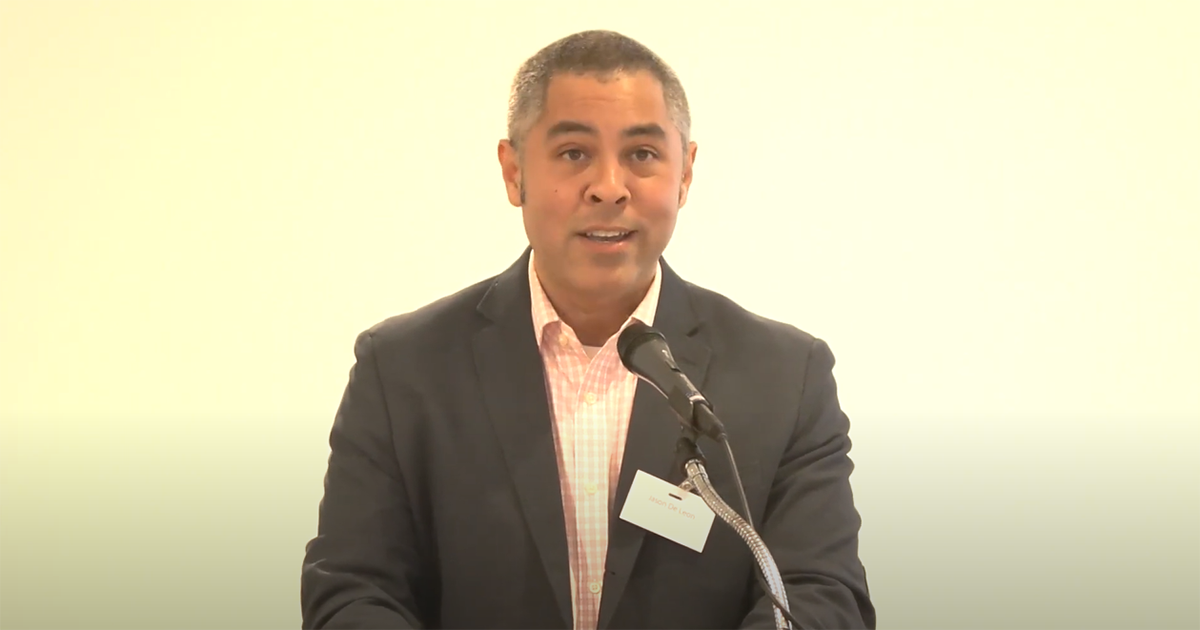The collaborative effort will build a framework for voluntary return and shared stewardship
Lyssa Stapleton, Waystation Initiative co-founder, will lead the NEH-funded project selected for its potential to use the humanities to address contemporary social challenges.
UCLA Cotsen Institute of Archaeology
The Waystation Initiative at UCLA, the first university-based effort in the U.S. dedicated to advancing ethical stewardship and return of international cultural objects, has been awarded a grant to address the complexities surrounding unprovenanced or unethically obtained cultural objects.
The two-year, $350,000 grant from the National Endowment for the Humanities will support efforts to advance two key solutions: shared stewardship and voluntary return. It is a broad discussion and effort to provide resources for institutions — mostly in the U.S. but not exclusively — and to help members of Indigenous communities find a voice within their own country, says Lyssa Stapleton, co-founder and director of the Waystation Initiative.
A centerpiece of this effort is “Creating Connections: Advancing Restitution and Stewardship of Cultural Heritage through Community Collaboration,” a two-day convening, which the Waystation Initiative will host this spring, coorganized with the Consensus Building Institute and the Fowler Museum at UCLA. Representatives from diverse communities across the globe will gather to foster dialogue and to develop shared strategies that promote forward-thinking solutions for cultural heritage in private and institutional collections.
“This grant will support the crucial work of the Waystation in developing and exploring more equitable and collaborative approaches to the voluntary return and stewardship of cultural objects, advancing the cause of heritage justice,” Stapleton said. “Through international partnerships, our initiative fosters knowledge-sharing and collaboration among communities and nations, advocating for their rights to be the primary decision-makers concerning their cultural heritage.”
The grant will also support the launch of community consultations, which will engage diverse international communities to ensure that their needs and perspectives are central to new guidelines for shared stewardship and voluntary return. Community members hired as consultants will be drawn from the Waystation’s existing stakeholder network, participants in the 2025 “Creating Connections” convening and external contacts from global heritage initiatives.
Findings from these efforts will inform “The Best Practices for Voluntary Return and Shared Stewardship,” the grant’s final objective, which will be guided by the Waystation’s ongoing restitution efforts, community engagement, current research and case studies from other institutions involved in similar initiatives.
The Waystation’s project was funded under the NEH’s United We Stand: Connecting Through Culture program and forms part of the broader American Tapestry: Weaving Together Past, Present, and Future initiative. The grant is one of six awarded from 33 competitive applications. The Waystation’s proposal was selected for its potential to use the humanities to address contemporary social challenges, including strengthening democracy and advancing equity for all.
Launched in April 2023, the Waystation Initiative also includes a graduate certificate program in cultural heritage research, stewardship and restitution — the first university program in the U.S. to offer formal training in the ethics and mechanics of returning cultural objects to nations and communities of origin.
Read the full release about the grant on UCLA’s Cotsen Institute of Archaeology website.
The NEH award announcement can be found here.
This story was originally published in the UCLA Newsroom on February 10, 2025




